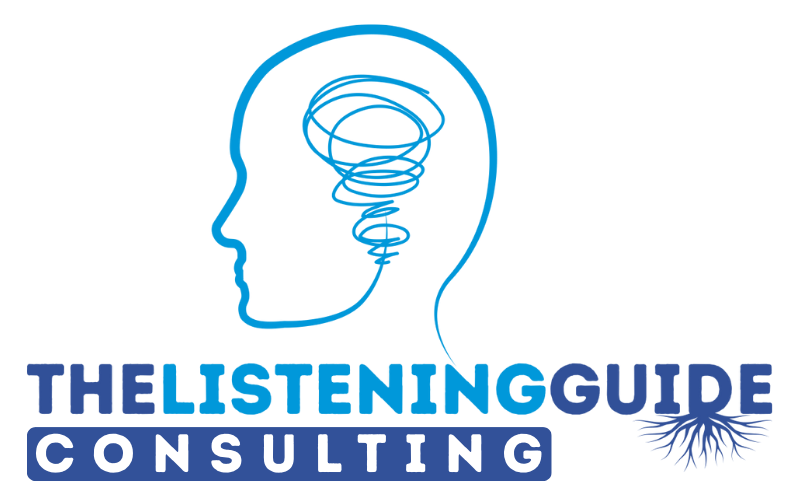Reflections on 4000 weeks
Mariyon Slany | November 2025
4000 weeks doesn't sound long does it?

It's confronting to realise that's how long most of us actually have.
This book by Oliver Burkeman is so down to earth. It is simple to read. It has a powerful message i.e. we are here for a very short time, so use it wisely. 'To see if we can't discover, or recover, some ways of thinking about time that do justice to our real situation : to the outrageous brevity and shimmering possibilities of our four thousand weeks," It is about the fact that time management techniques have failed "with the result that we live mentally in the future, waiting for when we'll finally get around to what really matters - and worrying, in the meantime, that we don't measure up, that we might lack the drive or stamina to keep pace with the speed at which life now seems to move." That aiming to be more productive is a trap. And not only that but now work can be seen not as a burden but as an exhilarating life choice - "As the gig economy has grown, busyness has been rebranded as 'hustle'" .
Burkeman starts with the astounding concept of imagining ourselves outside the boundaries of time in terms of imagining time separate from us and the world; "we proceed to measure and judge our real life against an imaginary gauge, lining up activities against the timeline in our heads" - the face of a clock, calendars, tape measures, conveyor belts, containers to 'fill up' so we are keeping on top of things.
Reflection on my 4000 weeks has profoundly impacted me, particularly the idea that we somehow can optimise our life. It is often covering up some deep emotional need - in Burkeman's case his focus on time and productivity meant he avoided the idea of meeting someone and starting a family. So many other aspects to it that made me think - like making the most of your life and the endless bucket list (which I've always resented...does it somehow imply your dreams aren't already big enough to try and achieve) that is part of modern life because of all the choices,
That fear of missing out is essentially part of life and acceptance around the finitude of life is essential to being able to prioritise what is important to us. And of course the notion of "that alarming phenomenon, familiar to anyone older than 30, whereby time seems to speed up as you age - steadily accelerating until, to judge by reports from people in their 70s and 80's, months seem to go by in what feels like minutes." And that rather than taking ownership of this idea, we distract ourself with stuff and with busyness and reading this book has helped me understand my procrastination streak.
His words that time is "like an obstreperous toddler: the more you struggle to control it, the make it confirm to your agenda, the further it slips from our control" totally rang true for me, as people are now starting to use the phrase 'time blind' for certain ADHD behaviours, which I admit I am susceptible to. To avoid facing limits, which may be due to ill health or wrong choices or somehow we believe we can achieve some nirvana balance between work commitments and everyday life. Do we then become compulsive planners or procrastinators? These are in order to avoid the painful constraints of our realities and that is something only we can come to terms with and really start to choose more consciously how to spend time.
References: 4000 weeks; time management for mortals written by Oliver Burkeman


